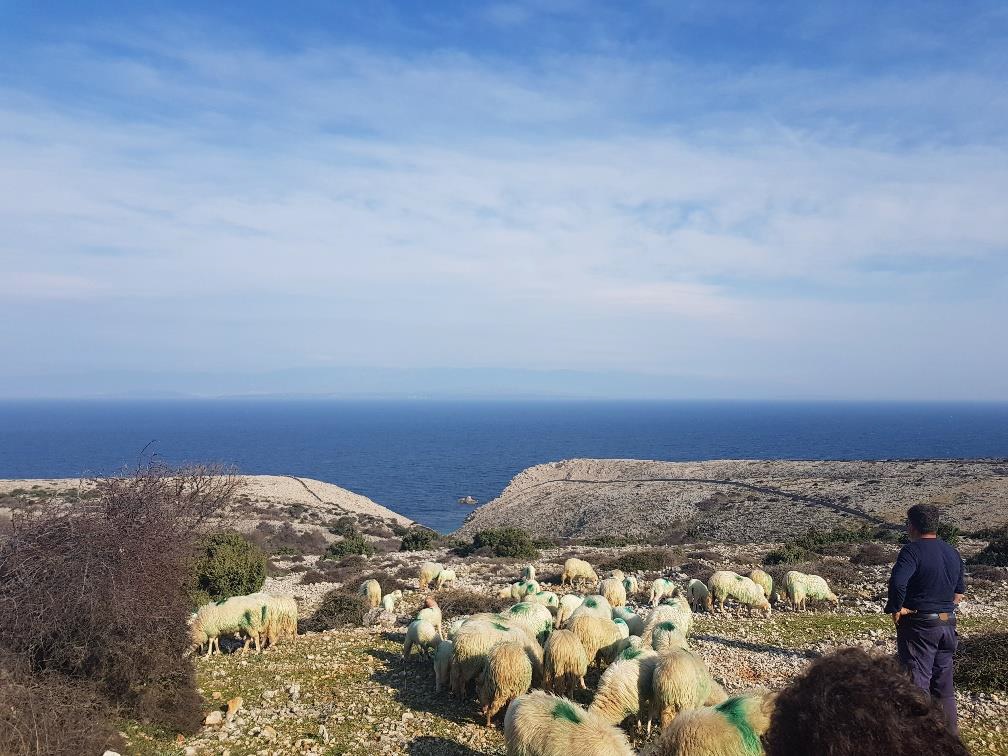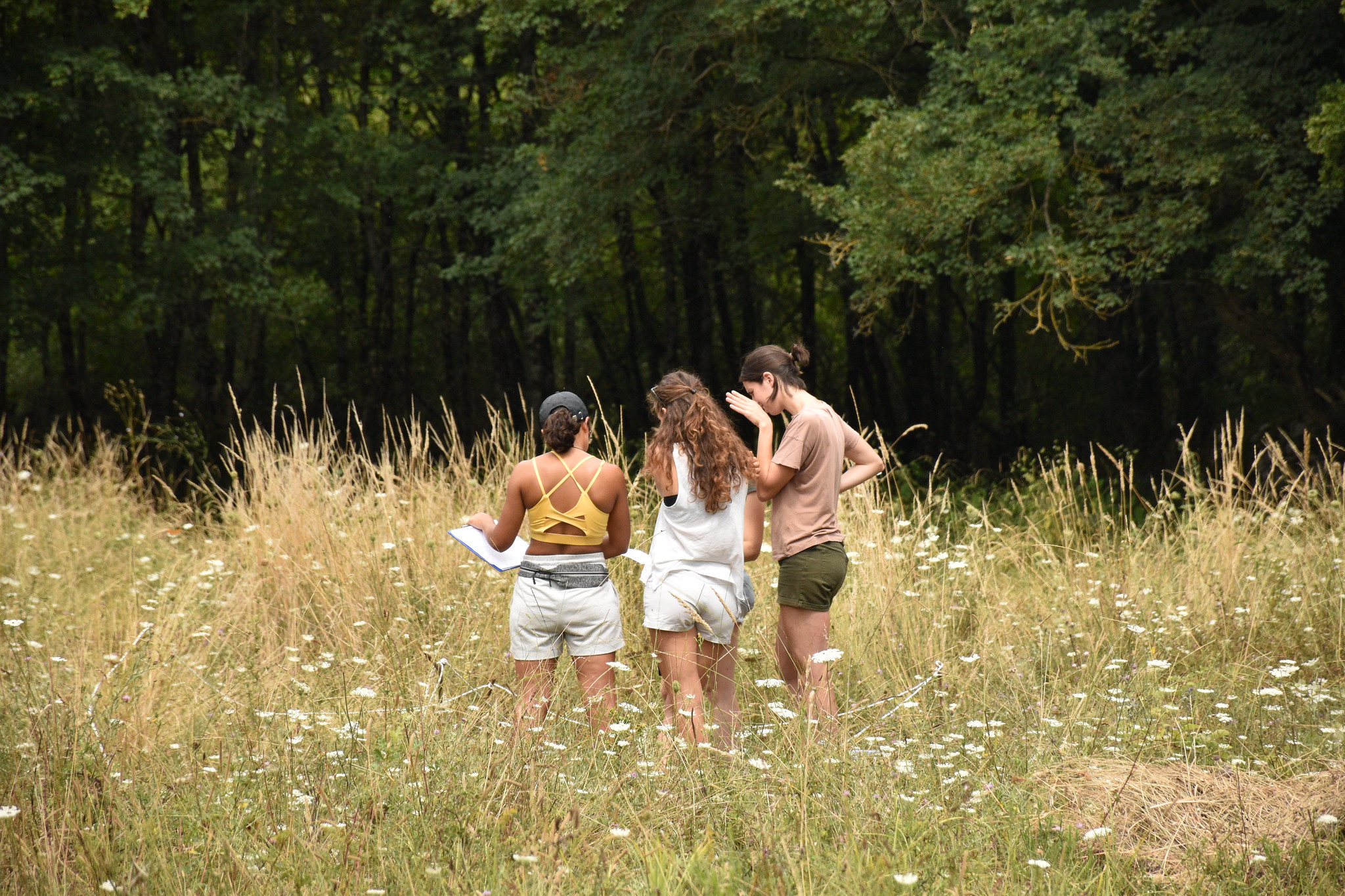A partnership of NGOs from Croatia, Bosnia and Herzegovina, Montenegro, Serbia, and Albania, dedicated to the protection of migratory birds along the Adriatic flyway, has presented a map highlighting quail poaching hotspots across the Balkans.
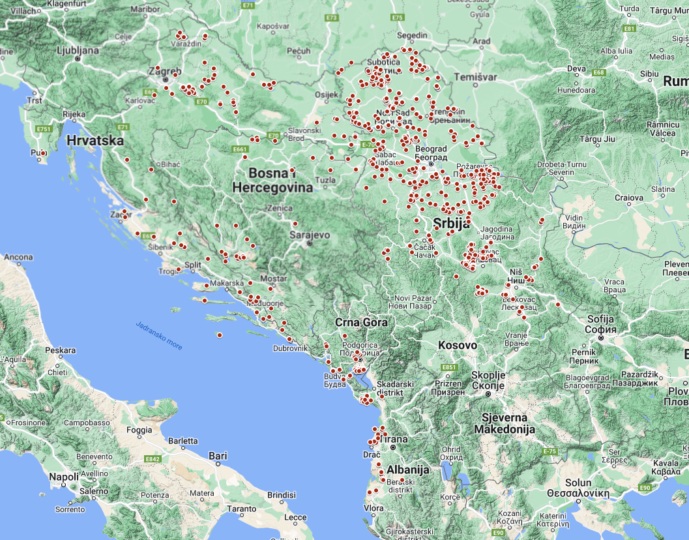
The quail hunting season has started in many countries across the Balkan Peninsula. Unfortunately, under the cover of the legitimate hunting season, illegal quail poaching is rampant. Throughout the Balkans, poachers use the same unlawful tactic: they install electronic sound transmitters at night in meadows, fields, or pastures to lure entire flocks of quail as they migrate to their wintering grounds in Africa. By morning, the fields are filled with lured quail, and the poachers move in to begin their slaughter.
These illegal calling devices attract ten times more birds than would occur naturally, enabling poachers to kill far more than permitted under lawful conditions. It is estimated that at least 160,000 quail are illegally killed each year in Albania, Bosnia and Herzegovina, Croatia, Montenegro, and Serbia alone. This amounts to approximately 2.5-3% of the entire European quail population, a species already experiencing a worrying decline in numbers.
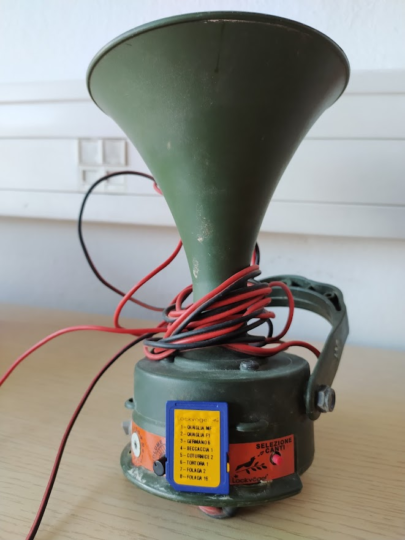
Electronic sound transmitters are prohibited in most parts of the world. However, illegal methods of luring quail using electronic devices remain widespread in southern Europe. A partnership of NGOs from Croatia, Bosnia and Herzegovina, Montenegro, Serbia, and Albania, working together to protect migratory birds along the Adriatic flyway, has presented a map identifying locations where quail poaching has been uncovered in the Balkans.
“Quail numbers in Europe have plummeted over recent decades due to habitat loss and illegal hunting in the Balkans and the Mediterranean. The widespread use of electronic decoys in the Balkans suggests a significant portion of this migratory bird population is being killed for sport and to supply the black market in Italy,” says Boleslaw Slocinski from Biom (BirdLife Croatia).
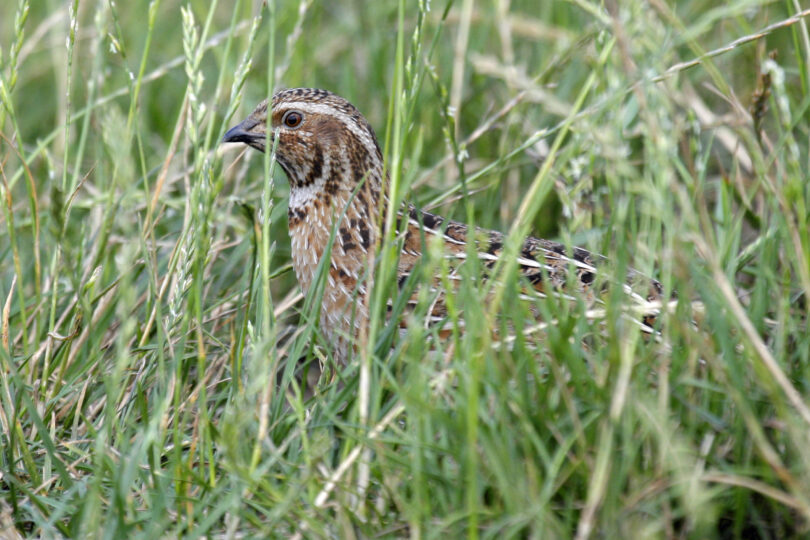
“The illegal killing of quail in the Balkans is not merely a local issue but a European one,” said Dr Justine Vansynghel, head of the migratory bird conservation project at EuroNatur, a German nature conservation NGO. “The species has become scarce in its northern range due to intensified agriculture. The impact of illegal hunting along the Adriatic flyway could lead to the collapse of Central European quail populations,” Dr Vansynghel warned.
“The illegal killing of quail using decoys is primarily facilitated by hunting tourism agencies and hunting associations that organise quail hunts for foreign clients. They often openly advertise unlimited hunting opportunities,” says Tibor Mikuska from the Croatian Society for Bird and Nature Protection. “Moreover, the possession and sale of calling devices is not prohibited and is openly advertised on online shops, making it nearly impossible to effectively remove these devices from use,” he adds.
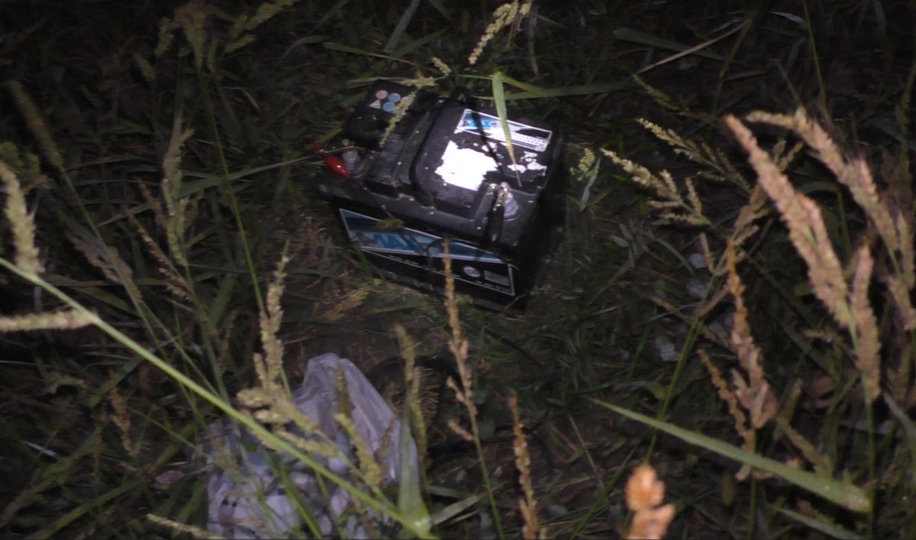
“Poaching sites are often revisited. Once we detect a calling device, we can return almost every week and report the same devices repeatedly,” says Sandra Jovanovic from BPSSS (Birdlife Serbia). “In the past two years, illegal quail killings in Serbia have escalated, possibly due to improved prevention measures in Croatia, where a decline in poaching has been observed.”
“The limited capacity of enforcement agencies and the lenient penalties for quail poaching remain persistent issues in Montenegro. The Montenegrin government plans to draft and implement a National Action Plan to combat the illegal killing of birds. With similar plans already in place in other Balkan countries, we hope to see significant improvements in quail protection across the region in the coming years,” says Marija Lekić from the Center for the Protection and Research of Birds (CZIP) in Montenegro.
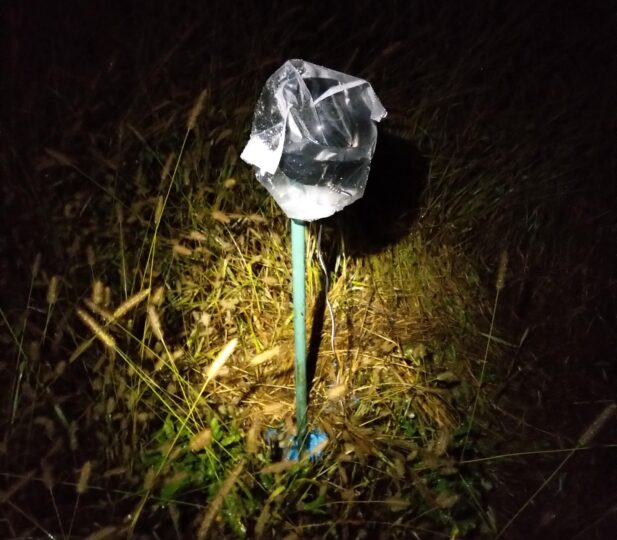
We urgently call on:
● The hunting community to adopt a policy of zero tolerance towards illegal killings and report incidents of poaching to the relevant authorities;
● Local communities to notify the police by dialing 112 if they observe poachers using decoy devices;
● The police to take consistent and decisive action against illegal bird killings;
● The judiciary to support the fight against wildlife crimes by enforcing appropriate punishments for offenders.
The use of decoys is a criminal offence.
The issue of quail poaching extends beyond Croatia to other Balkan countries. In each neighbouring country, the use of electronic decoys is classified as a criminal offence. In Croatia, illegal hunting is defined under Article 204 of the Criminal Code of the Republic of Croatia; in Serbia, it falls under Article 276 of the Criminal Code of the Republic of Serbia; in Bosnia and Herzegovina, it is addressed in Article 319 of the FBiH Criminal Code (or Article 392 of the RS Criminal Code); and in Montenegro, under Article 325 of the Criminal Code of Montenegro. In Italy, where many of the hunters come to poach quail, it is prohibited under Article 157 of the Italian Penal Code.
If you witness the use of electronic decoys, report it to the police by calling 112. Together, we can stop poaching!
Translated by: Maja Dragojević




